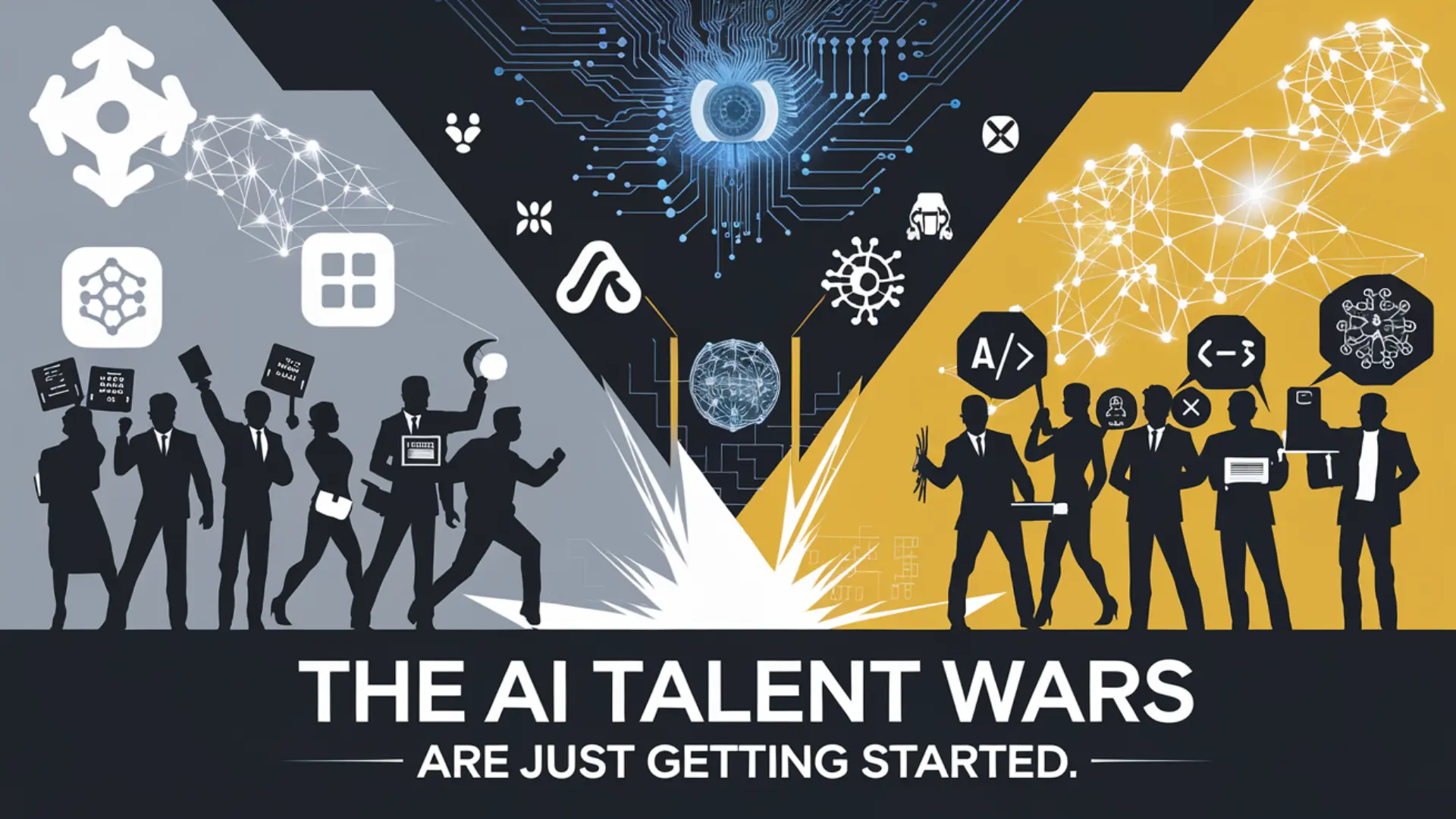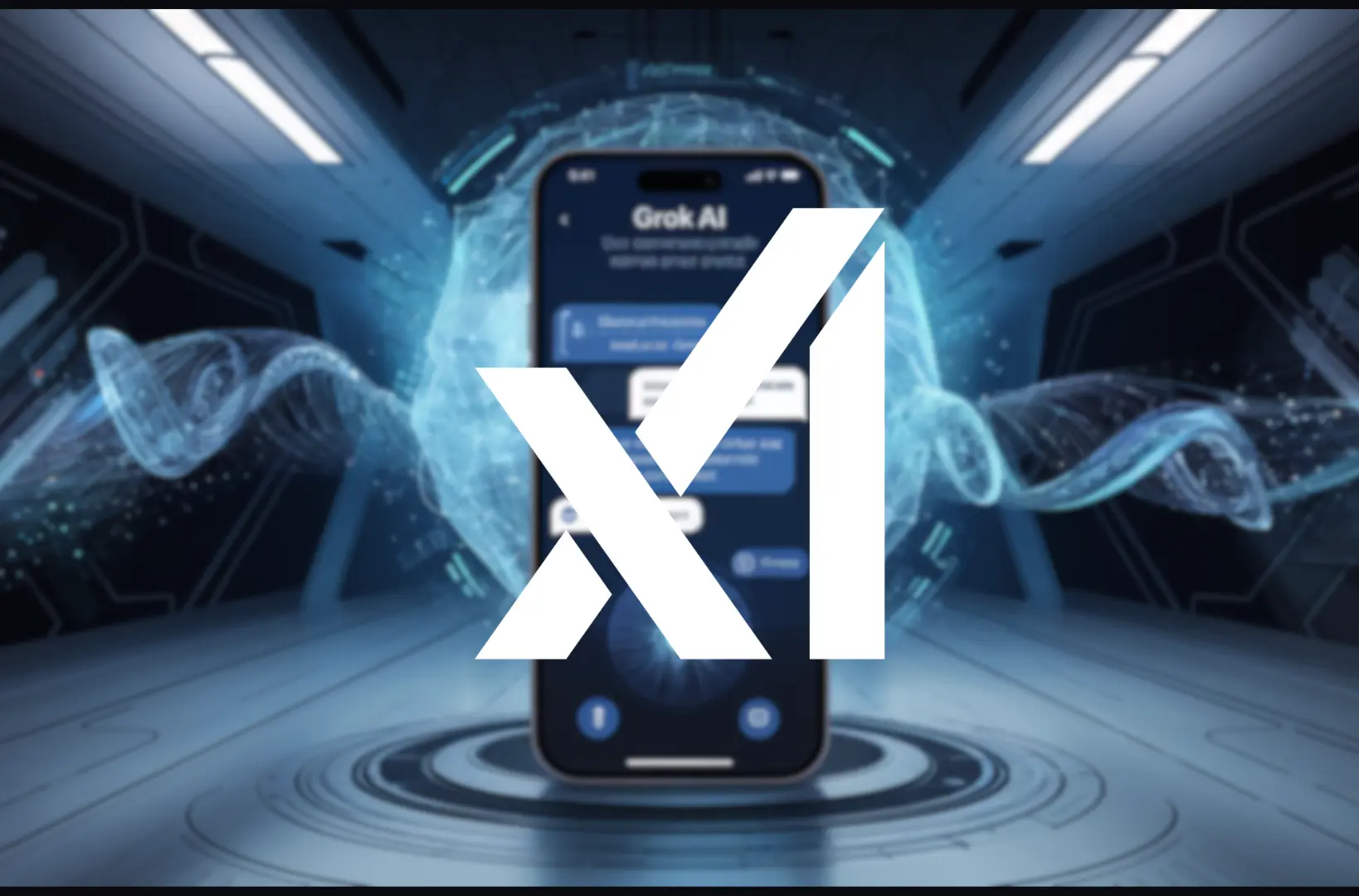AI Talent Wars, yeah you heard that right, As artificial intelligence (AI) continues to reshape industries, the demand for highly skilled AI professionals has skyrocketed. From autonomous driving to personalized healthcare and predictive analytics, AI is no longer a niche technology but a foundational component driving innovation across multiple sectors. According to a report by the World Economic Forum, over 133 million new job roles are expected to be created in the AI space by 2025, but a significant talent shortage threatens to slow down progress.
In fact, the global AI talent pool is expected to grow by just 5% annually, while demand is projected to increase by more than 10%, creating a widening gap that puts immense pressure on organizations. This gap is particularly evident in countries like the U.S., where tech giants like Google, Microsoft, and Amazon are battling for the same pool of data scientists, machine learning engineers, and AI researchers. The stakes are high, and companies must act quickly to secure the talent they need to remain competitive in the AI-driven economy.
The Growing Demand for AI Talent
The surge in AI’s adoption across industries is fueling the growing demand for professionals with specialized skills in fields such as machine learning, deep learning, and natural language processing. As AI is integrated into everyday business operations, the need for talent that can develop, deploy, and maintain these systems continues to rise.
Why Is There a Shortage of AI Talent?
Several factors contribute to the current AI talent shortage:
- Rapid Technological Advancements: AI technology evolves at a breakneck pace. Companies need experts who can stay ahead of emerging trends, such as explainable AI, reinforcement learning, and quantum computing. However, these technologies are highly specialized, and few professionals possess deep knowledge in these areas.
- AI’s Cross-Industry Impact: AI isn’t just changing tech industries. Sectors like healthcare, finance, and retail are also adopting AI solutions for tasks ranging from diagnostics to customer service automation. This broad adoption amplifies the demand for skilled AI professionals, making competition fierce.
- Limited Educational Pathways: AI education programs have expanded, but they still haven’t scaled to meet demand. As of 2023, there are fewer than 300,000 AI professionals worldwide, compared to the 1.1 million AI-related job openings, according to LinkedIn’s Global AI Talent Report.
The Current State of the AI Talent Market
As AI continues to transform industries, the AI talent market is growing at an unprecedented rate. However, this growth comes with its own set of challenges. Organizations, especially large tech companies, have the resources to offer enticing salaries and perks, making it harder for smaller businesses and startups to compete.
Key Players in the AI Talent Wars
Tech giants like Google, Amazon, Facebook, and Microsoft have long been the major players in the AI talent acquisition race. They not only offer competitive salaries but also invest heavily in research and development (R&D) and create an environment where top talent can innovate. As of 2024, reports show that these companies are expected to account for more than 40% of the global AI workforce in the coming years, contributing to the concentration of AI talent in just a few large organizations. These companies also offer their employees access to cutting-edge tools and technologies, making them highly attractive to those seeking to work at the forefront of AI development.
While the larger tech companies dominate the market, small to mid-sized startups and businesses are also entering the race. Startups, often with a higher risk-reward structure and the opportunity for more hands-on involvement in game-changing projects, are becoming more attractive to AI talent that wants to make an immediate impact.
AI Talent Acquisition Challenges
With the demand for AI talent outpacing supply, companies are grappling with several challenges:
- High Salary Expectations: AI specialists are among the highest-paid professionals globally. According to the International Data Corporation (IDC), the average salary for an AI specialist can range from $120,000 to $250,000 per year, depending on expertise and location. This makes hiring AI talent a costly investment, particularly for smaller organizations.
- The Need for Specialized Skills: While AI is becoming more widespread, the need for deep expertise in specific fields, such as deep learning, computer vision, or natural language processing, is increasing. For example, machine learning engineers with expertise in TensorFlow or PyTorch are in high demand and command premium salaries.
- Global Talent Pool: With remote work becoming a norm, the competition for global AI talent has intensified. While companies in Silicon Valley were once the primary contenders for top-tier AI talent, organizations around the world are now competing for the same pool of professionals.
Strategies to Succeed in the AI Talent Wars
To secure AI talent, companies need to rethink their recruitment strategies. Here are some essential approaches:
1. Build a Strong Employer Brand
A compelling employer brand is key to attracting top AI professionals. AI talent is not just interested in a paycheck; they want to work for companies that are innovative and committed to pushing the boundaries of technology. Companies that foster a culture of creativity, collaboration, and continuous learning are more likely to draw top talent. Showcasing your organization’s cutting-edge AI initiatives and career development opportunities can set you apart in a crowded field.
2. Invest in AI Training and Development
Given the pace of AI innovation, it’s important for companies to invest in upskilling their workforce. According to a McKinsey & Company report, companies that invest in continuous employee development see a 17% increase in productivity. By providing employees with opportunities to attend AI boot camps, certifications, and online learning platforms, companies can bridge the skills gap within their teams and foster a culture of learning.
3. Collaborate with Academic Institutions
Many universities around the world offer AI programs, but they’re still not enough to meet the surging demand. Partnering with academic institutions allows companies to gain access to top talent and even shape the curriculum to meet industry needs. Hackathons, AI competitions, and internships also provide an avenue to identify potential hires early.
4. Create a Diverse and Inclusive Workforce
Diversity is key to fostering innovation in AI. A diverse team can approach AI problems from various perspectives, creating more robust and creative solutions. Research from Boston Consulting Group shows that diverse teams are 35% more likely to outperform their less diverse counterparts. By making diversity a key hiring priority, companies can gain a competitive edge in AI development.
The Future of AI Talent: Trends to Watch
1. AI Specializations Are On the Rise
While broad AI skills remain in demand, companies are seeking professionals with expertise in specific AI niches. Areas like reinforcement learning, AI ethics, and quantum computing are gaining traction and offer exciting opportunities for professionals to carve out a specialized career path.
2. AI in Emerging Markets
As AI adoption expands in emerging markets such as Southeast Asia, Africa, and Latin America, companies will need professionals who understand these regions’ unique needs. The global talent pool for AI is likely to expand rapidly, with these regions becoming significant players in AI development.
3. Remote Work and Global Collaboration
The shift towards remote work is likely to continue, and AI professionals will benefit from increased collaboration opportunities. Global teams can work together on AI projects, exchanging ideas and innovations that would have been impossible in a traditional office setting.
Conclusion
The AI talent wars are intensifying, with competition among companies growing fiercer as the demand for skilled AI professionals continues to surge. As AI evolves, companies must adapt and invest in strategies to attract, develop, and retain top talent. Building a strong employer brand, offering training opportunities, and focusing on diversity are just a few key steps toward securing AI talent. As the gap between supply and demand widens, companies that take proactive steps today will be best positioned to thrive in the AI-driven future.

Jahanzaib is a Content Contributor at Technado, specializing in cybersecurity. With expertise in identifying vulnerabilities and developing robust solutions, he delivers valuable insights into securing the digital landscape.








